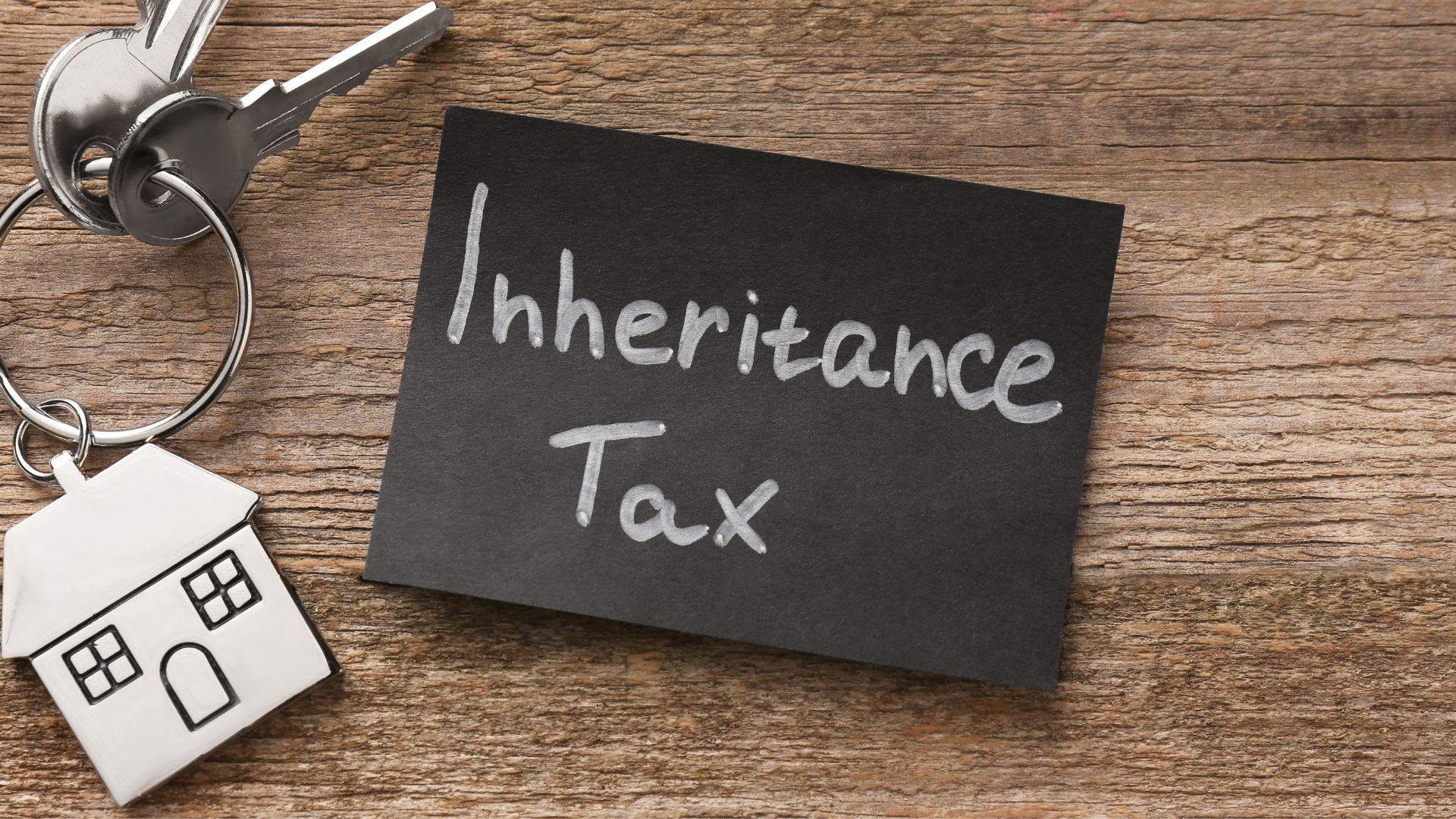Inheritance tax (IHT) is a growing concern for many older adults in the UK. With HMRC reporting record receipts of £8.2 billion for 2024–25, more families are finding themselves impacted. If you’re a senior looking to pass on your assets without handing over a large portion to the taxman, this guide is here to help. We’ll explain how inheritance tax works and, most importantly, how to reduce inheritance tax in the UK using practical, legal strategies.
What is Inheritance Tax?
Inheritance tax is a tax on the estate of someone who has died, including property, money, and possessions. In the UK, the standard tax-free threshold (known as the “nil-rate band”) is currently £325,000. This means that if your estate is worth less than this amount, it won’t be subject to inheritance tax. However, any amount above this threshold is usually taxed at 40%.
There’s also something called the residence nil-rate band (RNRB), which adds up to £175,000 to your threshold if you leave your home to direct descendants (like children or grandchildren). That means some estates can pass on up to £500,000 tax-free — or up to £1 million for married couples or civil partners combining their allowances.
However, these thresholds have been frozen since 2021, while the value of property and assets has continued to climb. As a result, many estates that wouldn’t have been taxed a decade ago now exceed the limits — even if they’re not what we’d traditionally think of as “wealthy”.
Why Are More People Paying It?
The increase in inheritance tax payments is largely due to inflation and rising property prices. A modest family home purchased 30 or 40 years ago may now be worth far more, unintentionally pushing an estate over the tax threshold. Add in savings, pensions, and personal belongings, and many seniors are surprised to find their estate liable for a significant tax bill.
Ways to Reduce Inheritance Tax in the UK
If you’re concerned about the impact on your loved ones, there are several ways to legally reduce your estate’s exposure to inheritance tax. Here are some of the most effective options:
1. Make Use of the Annual Gift Allowance
You can gift up to £3,000 each tax year without it being added to your estate for IHT purposes. This allowance resets every year and can also be carried over for one year if unused. That means a couple could potentially gift £12,000 over two years without tax implications.
2. Give Regular Gifts from Surplus Income
If your income exceeds your needs, you can make regular gifts out of the surplus — such as helping a grandchild with rent or giving monthly support to family. These gifts are immediately exempt from IHT, provided they don’t affect your standard of living and are well-documented.
3. Put Assets into a Trust
Trusts can be a useful way to reduce your estate’s value, though they can be complex. For example, you might place money into a trust for grandchildren to receive at a certain age. This takes it out of your direct control, but also out of your estate for IHT purposes (depending on the type of trust and how it’s structured).
4. Leave Money to Charity
Any portion of your estate left to a UK-registered charity is exempt from inheritance tax. Plus, if you leave at least 10% of your net estate to charity, the IHT rate on the rest of your estate may be reduced from 40% to 36%, which could save thousands.
5. Use Life Insurance Wisely
A life insurance policy won’t reduce the size of your estate, but if it’s placed in a trust, the payout won’t be subject to IHT. This money can then be used by your beneficiaries to cover the IHT bill, preventing them from having to sell property or other assets under pressure.
6. Consider Downsizing Your Property
If your home has significantly increased in value, selling and moving to a smaller property could allow you to release funds, which you can then gift or use during your lifetime. This reduces the overall value of your estate and can be a wise strategy if handled carefully.
7. Spend It While You’re Alive
Many people save to pass something on — but enjoying your money while you’re here can be just as meaningful. Whether it’s travelling, improving your home, or treating family now, money spent wisely during retirement won’t be taxed later.
The Seven-Year Rule
Gifts above the annual allowance are known as “potentially exempt transfers”. If you live for seven years after making such a gift, it becomes fully exempt from inheritance tax. If you pass away within that time, some tax may still be due. There’s also a sliding scale called “taper relief” which may reduce the tax owed depending on how many years have passed since the gift.
Common Myths About Inheritance Tax
- “Only the wealthy pay inheritance tax.” – Not true. With thresholds frozen and house prices high, even modest estates can be affected.
- “My pension is taxed when I die.” – Most pensions can be passed on tax-free if you die before age 75. After that, beneficiaries may pay income tax, but not IHT.
- “Gifts are always tax-free.” – Only within limits. Larger gifts may be taxed if you die within seven years of giving them.
- “I can sort this out in my will.” – Wills are important, but they don’t reduce the value of your estate. Planning needs to happen earlier.
When to Get Professional Advice
Inheritance tax planning can be complex. If your estate includes property, investments, or a family business, it’s wise to speak with a financial adviser or solicitor. They can help you create a plan tailored to your needs, avoiding unnecessary tax bills and stress for your family.
Final Thoughts
Inheritance tax doesn’t have to be a shock for your loved ones. With careful planning and the right advice, you can pass on more of your estate to the people and causes you care about. Understanding how to reduce inheritance tax in the UK is the first step — and you’re already on your way.
With the right knowledge and advice, you can take positive steps to safeguard your estate and provide peace of mind for the future.
Additional Resources
Here are some helpful UK-based resources to explore if you’d like to learn more about inheritance tax planning and estate management:
- Gov.uk – Inheritance Tax Overview – Official government guidance on thresholds, rates, and exemptions.
- Which? – Inheritance Tax Guide – In-depth coverage of inheritance tax and how to plan around it.
- Saga – Inheritance Tax Planning – Senior-friendly advice on reducing your estate’s IHT bill.
- Money Helper – A guide to Inheritance Tax.

